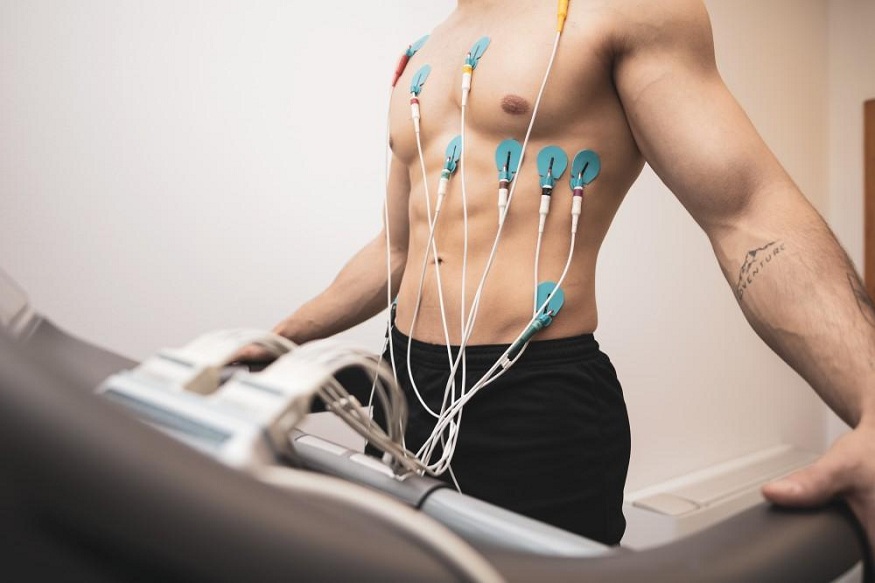Cardiologists are essential to heart health. They diagnose and treat heart conditions. They perform procedures like cardiac catheterization riverside. Their expertise helps keep our hearts strong and healthy. Let’s explore their crucial role.
What Does a Cardiologist Do?
Cardiologists are doctors who specialize in the heart and blood vessels. They conduct tests to understand the condition of your heart. They help manage heart diseases and offer advice on preventing heart problems. They work closely with patients to create treatment plans.
Common Heart Conditions
There are several heart conditions cardiologists manage:
- Coronary Artery Disease: This occurs when the heart’s blood vessels are blocked or narrowed.
- Arrhythmias: These are irregular heartbeats that can be too fast or too slow.
- Heart Failure: This is when the heart doesn’t pump blood as well as it should.
Diagnostic Procedures
Cardiologists use various tools to diagnose heart issues. Here are three common procedures:
- Electrocardiogram (ECG): This test records the heart’s electrical activity.
- Echocardiogram: This uses sound waves to create images of the heart.
- Stress Test: This measures the heart’s activity during physical exertion.
Common Treatments
Once a diagnosis is made, cardiologists may recommend treatments such as:
- Medications: These can help manage conditions like high blood pressure or cholesterol.
- Surgeries: Some patients may need surgeries to correct heart issues.
- Lifestyle Changes: Diet and exercise are often part of a treatment plan.
Procedures: Cardiac Catheterization
Cardiac catheterization is a common procedure cardiologists perform. It helps diagnose and treat some heart conditions. A thin tube, called a catheter, is inserted into a blood vessel and guided to the heart. This allows doctors to check for blockages or other issues.
Cardiologist vs. Other Heart Specialists
Within the field of heart health, there are different specialists. Here’s a quick comparison:
| Type of Specialist | Focus Area |
| Cardiologist | Diagnoses and treats heart disease, performs catheterizations |
| Cardiothoracic Surgeon | Performs heart surgeries, including bypasses |
| Electrophysiologist | Specializes in heart rhythm disorders |
Training and Education
Becoming a cardiologist requires extensive education. After medical school, they complete a residency in internal medicine. Then, they undergo further training in cardiology. This process ensures they are well-equipped to handle complex heart issues.
For more information on training, you can visit the American Medical Association website.
Conclusion
Cardiologists play a vital role in heart care. They diagnose, treat, and manage heart conditions to enhance quality of life. Understanding their role can help us appreciate the importance of heart health and the expertise required to maintain it. For more detailed information about heart health, the Centers for Disease Control and Prevention offers valuable resources.



